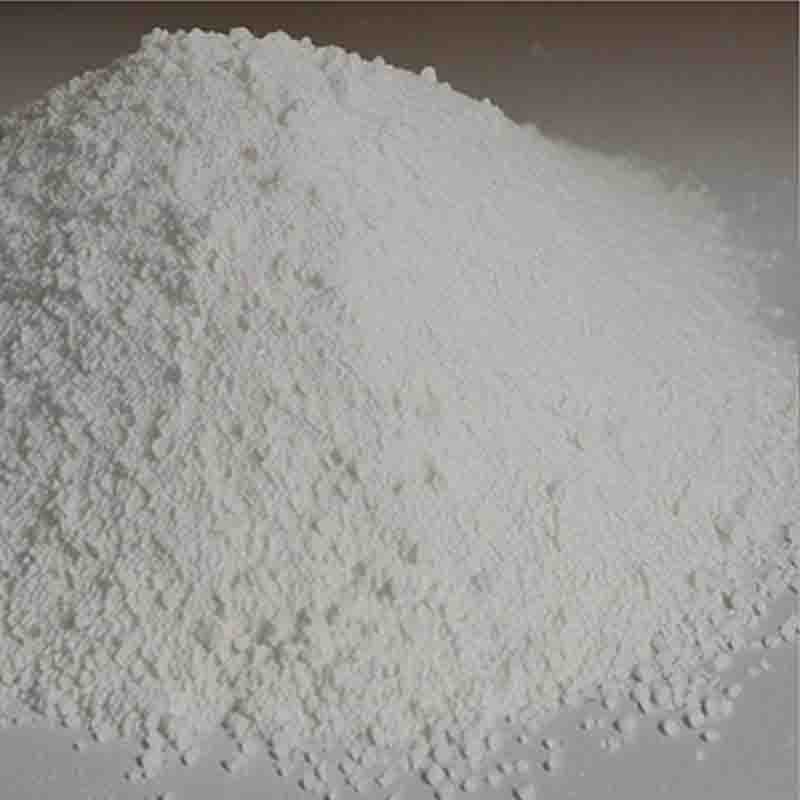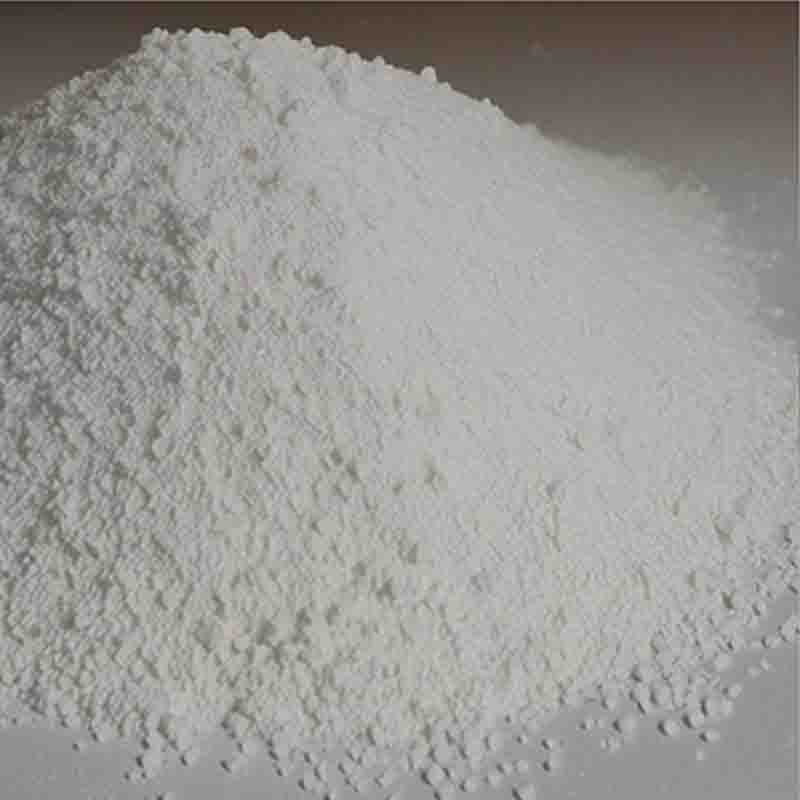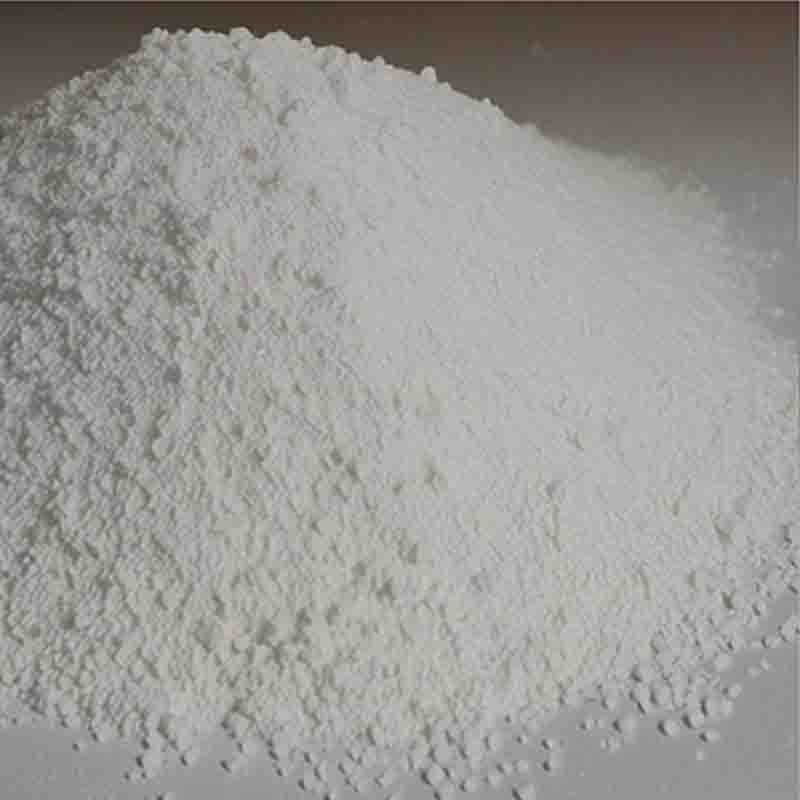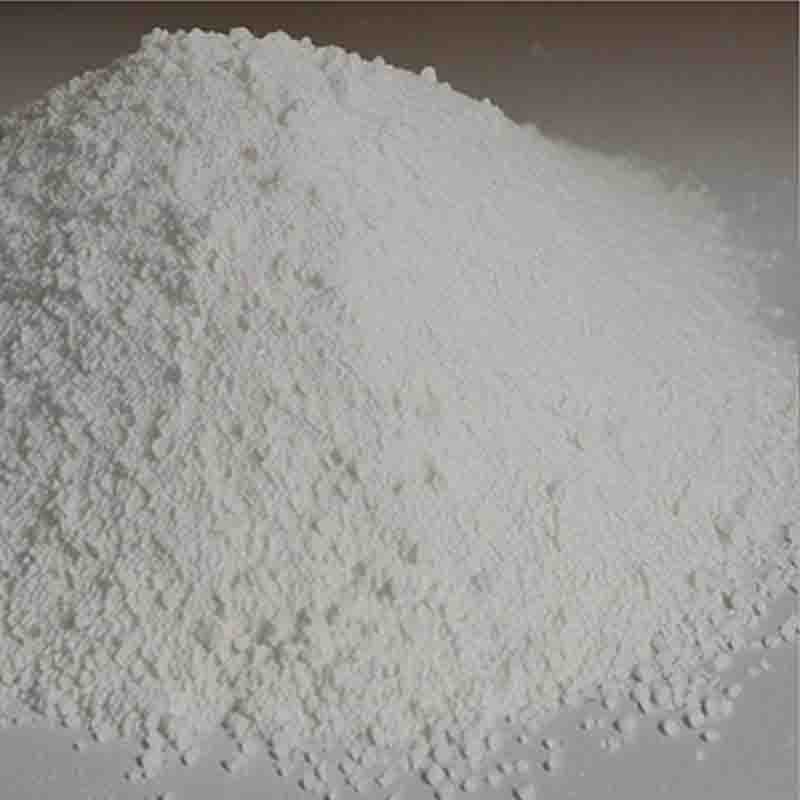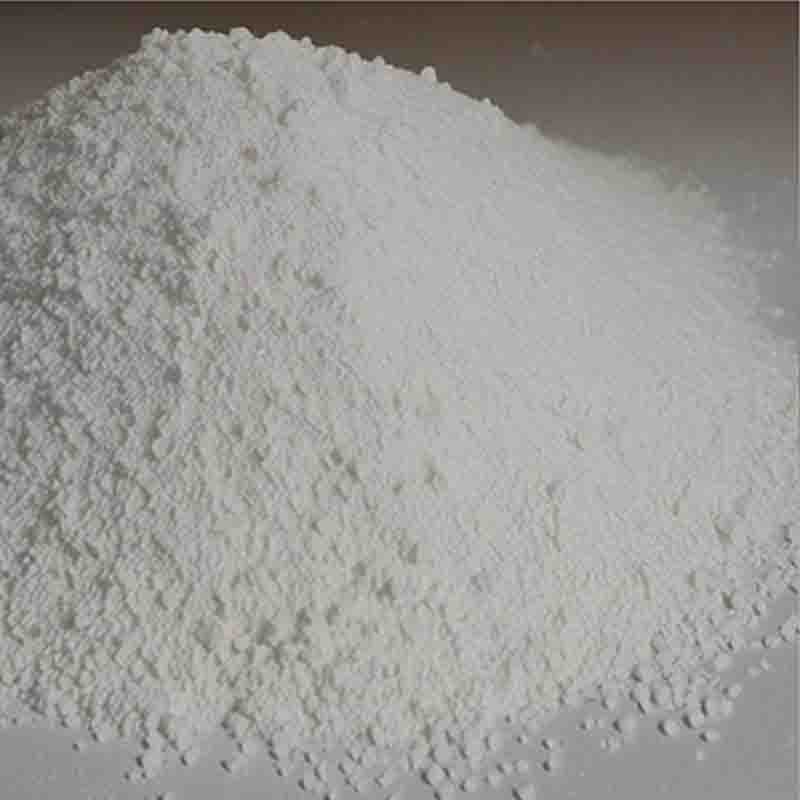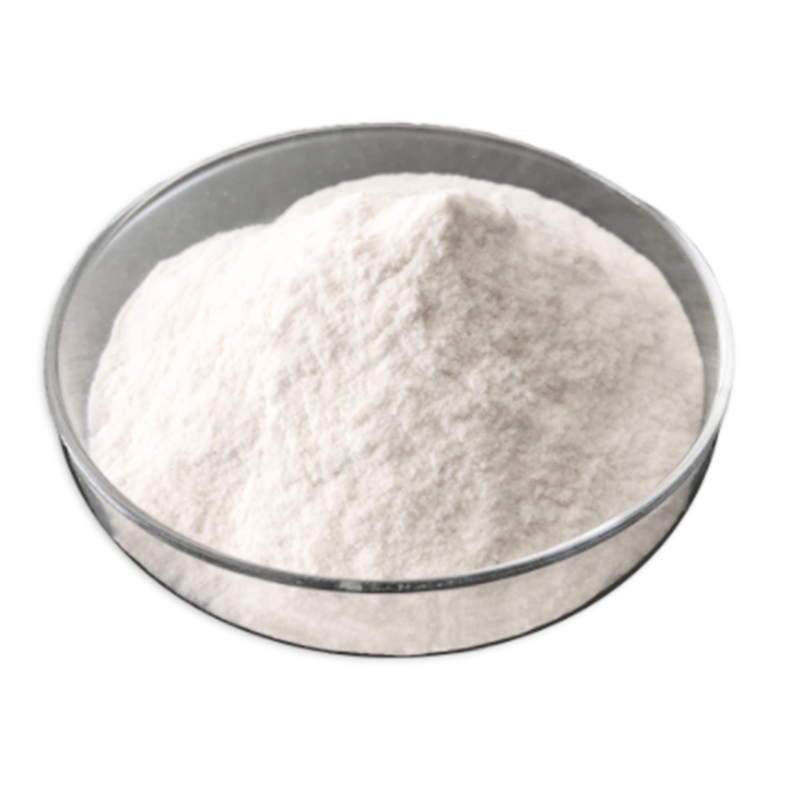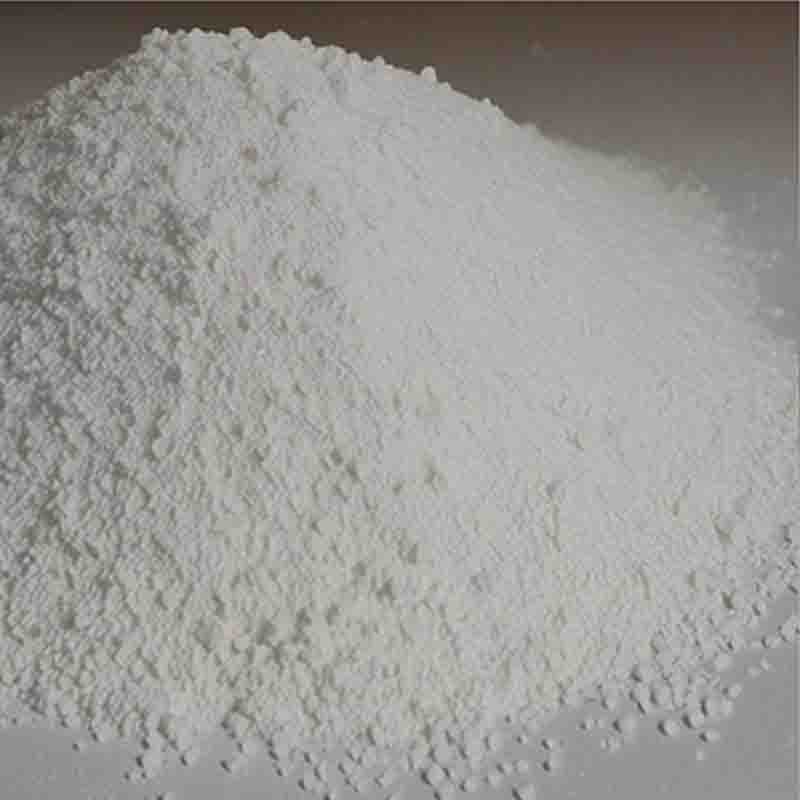2-Chlorotrichlorotoluene CAS:2136-89-2
| Catalog Number | XD94856 |
| Product Name | 2-Chlorotrichlorotoluene |
| CAS | 2136-89-2 |
| Molecular Formula | C7H4Cl4 |
| Molecular Weight | 229.92 |
| Storage Details | Ambient |
Product Specification
| Appearance | White powder |
| Assay | 99% min |
2-Chlorotrichlorotoluene, also known as hexachloro-2-methylbenzene, is a chemical compound with a molecular weight of 229.92. It is primarily used as a reactive intermediate in the synthesis of various organic compounds. In this article, we will explore the effects and applications of 2-Chlorotrichlorotoluene.
One of the main applications of 2-Chlorotrichlorotoluene is in the production of pesticides. It is used as a key ingredient in the synthesis of chlorinated pesticides, such as DDT (dichlorodiphenyltrichloroethane). These pesticides are widely used in agriculture to control insect pests and protect crops. However, due to the environmental concerns associated with chlorinated pesticides, their use has been restricted in many countries.
Additionally, 2-Chlorotrichlorotoluene is used in the production of flame retardants. It is a precursor to polybrominated diphenyl ethers (PBDEs), which are commonly used as flame retardants in various products, including electronics, furniture, and textiles. However, PBDEs have been found to have detrimental effects on human health and the environment, leading to restrictions on their use in many regions.
Furthermore, 2-Chlorotrichlorotoluene is used in the synthesis of pharmaceutical compounds. It serves as a building block for the production of certain drugs, including antifungal and antibacterial agents. Its reactivity and versatility make it a valuable tool for organic chemists in creating complex molecular structures.
However, it is important to note that 2-Chlorotrichlorotoluene can have certain risks and hazards associated with its use. It is classified as a hazardous substance and should be handled with care. Prolonged exposure to this compound may cause irritation to the skin, eyes, and respiratory system. Therefore, appropriate safety measures, such as wearing protective clothing and working in a well-ventilated area, should be followed when handling 2-Chlorotrichlorotoluene.
In conclusion, 2-Chlorotrichlorotoluene is primarily used as a reactive intermediate in the production of pesticides, flame retardants, and pharmaceutical compounds. However, it is important to use this compound responsibly and follow proper safety precautions to prevent any adverse effects on human health and the environment.


